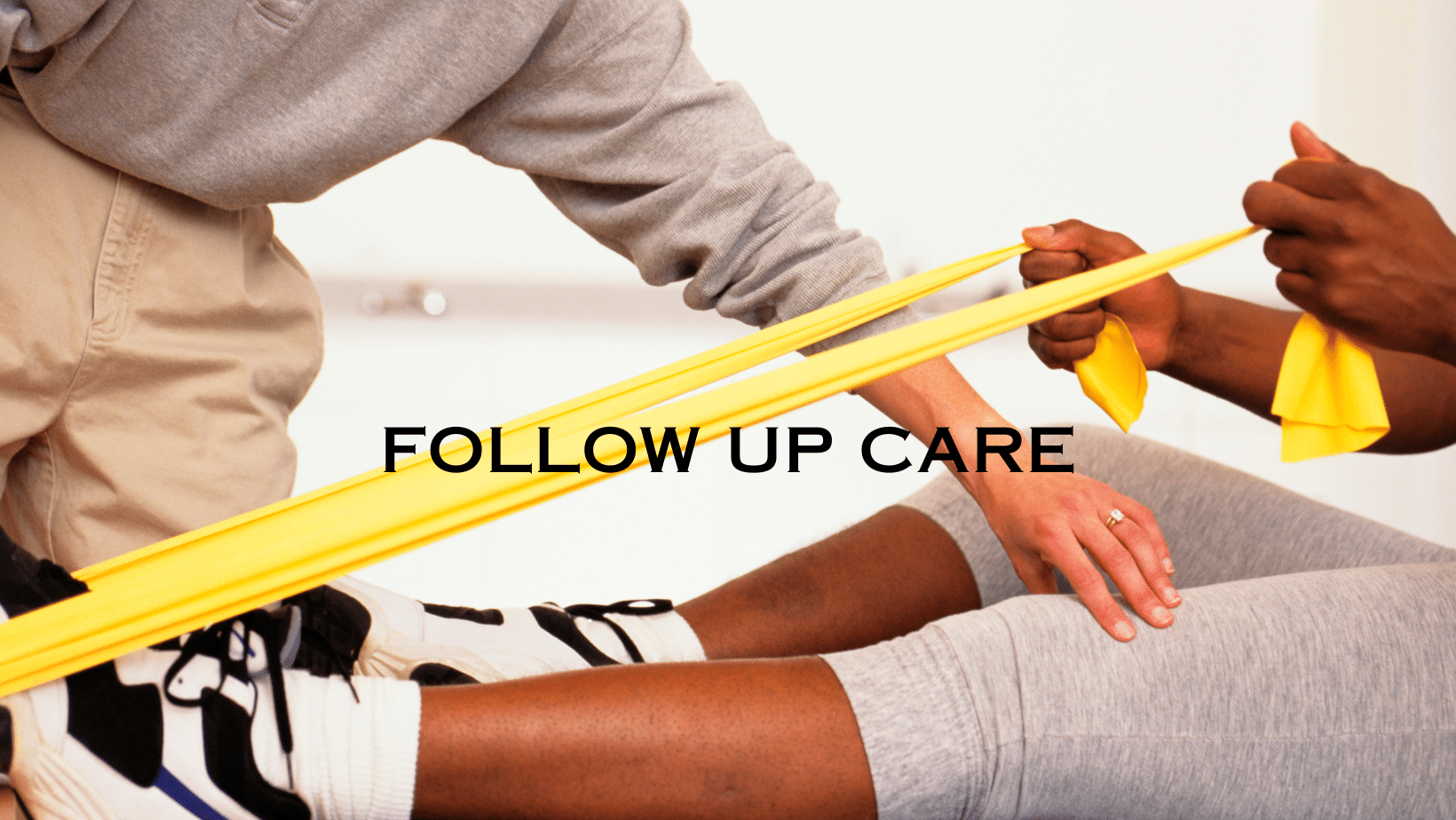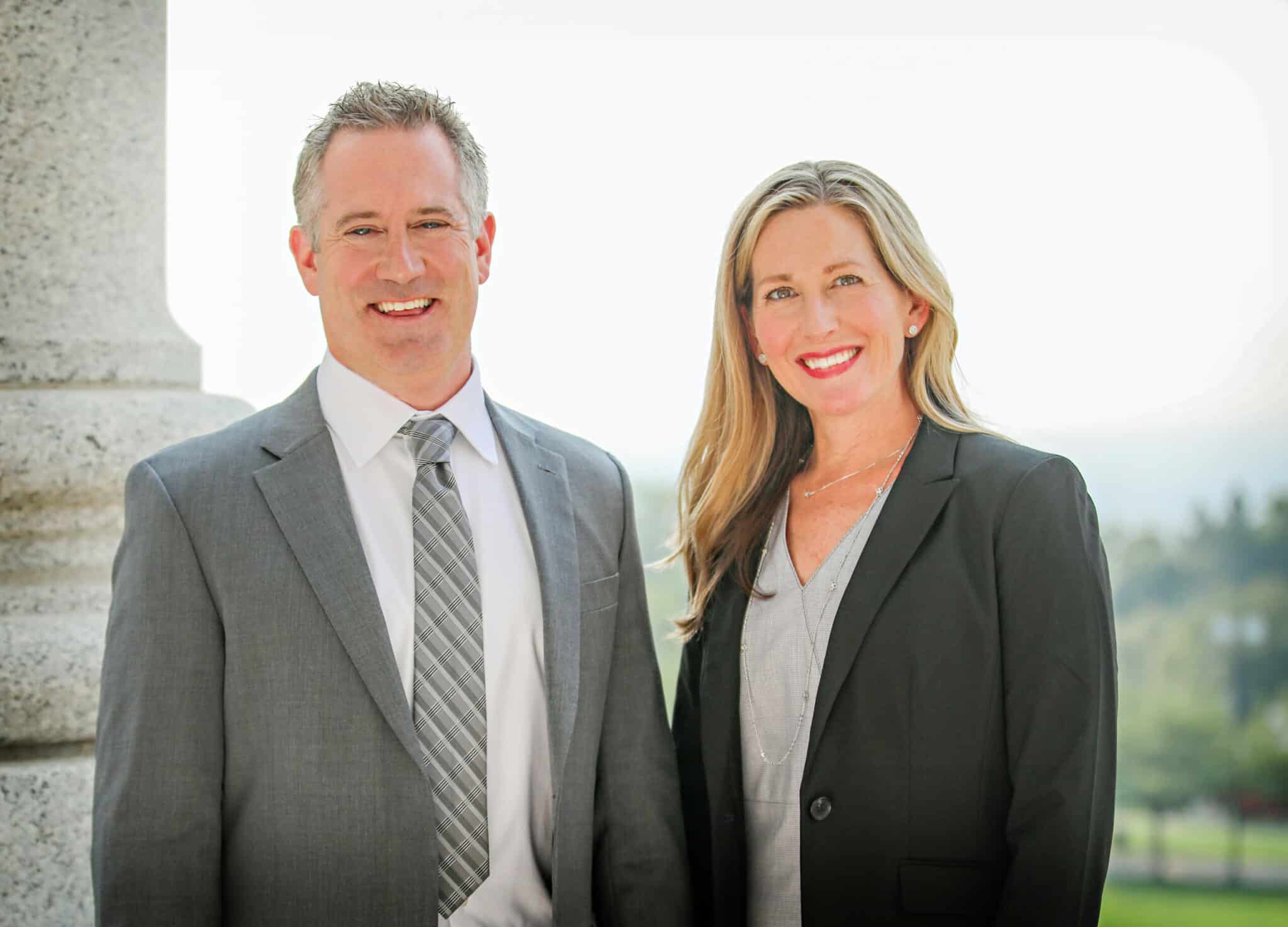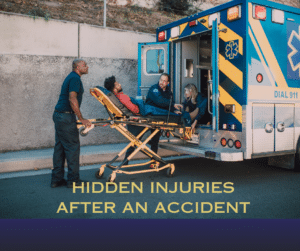Documenting an injury after a car accident is critical for both medical and legal purposes. Initially, some injuries may not present themselves or be obvious to a non-medical professional. Depending on the severity of the accident, you may want to seek care at the emergency department, urgent care, or follow up with a primary care professional.
Seek Immediate Medical Attention
Have a medical professional evaluate your injuries. This ensures your health is prioritized and provides a medical record that your injuries are directly linked to the accident.
Photograph Your Injuries
As soon as possible, take clear, well-lit photos of your injuries from different angles. Continue to photograph your injuries over time to document the healing process.
If you cannot adequately capture your injuries, ask your medical professionals to help you with this. You should always complete any follow up care that is suggested by your doctor and it is opportunity for professionals to keep notes of your challenges and your progress.

Keep a Symptom Diary
Start a diary to record your symptoms, pain levels, and how the injuries impact your daily life. Note dates and times, and be as detailed as possible. As you incorporate treatment or return to work, you should document how your symptoms are impacted.
Save Receipts and Bills
Keep all receipts and bills associated with your treatment, including medications, medical devices, and transportation costs to medical appointments. If you have to pay tolls at bridges or take a ferry, be sure to keep those receipts as well.
Record Missed Work and Lost Wages
If you must miss work, be sure to seek a Work Excuse Note from your care provider. Typically, your doctor will provide a period of time that you should not work or be allowed to work at light duty. Be sure to ask if there are any lifting restrictions and have those documented. Keep track of any missed hours, missed overtime opportunities, and any sick leave used.
Avoid Social Media
Be cautious about what you post on social media. Insurance companies and legal teams might use your social media posts to dispute your claim.
Do Not Have Gaps In Treatment
A “gap in treatment” refers to a period of time where a client does not receive or seek medical treatment for their injuries. This could be immediately after the accident or at any point during the recovery process. Insurance companies and defense attorneys often scrutinize gaps in treatment. They may argue that the gap indicates the injuries were not serious or that the injuries were not directly caused by the accident. It is important to document any legitimate reasons for a gap in care. Understand that these gaps can potentially weaken a claim and make it more challenging to achieve a favorable settlement or verdict.
Consult with An Attorney
There are many more issues that must be addressed to preserve your ability to seek damages after an accident. The most important factor is proving liability. If you wait too long to reach out to an attorney, important evidence and witnesses may be long gone and you cannot prove your side of the story. Do not delay in finding a local experienced accident attorney after you are injured.
The attorney and staff will also make sure you using the correct insurance during your medical treatment period. If you do this incorrectly, it could result in you getting no money in the end. For example, if you have PIP coverage, you MUST bill that first before Medicare or Medicaid can pick up any of the bills. This can be a huge and costly mistake for people who do not have experience in personal injury law and try to manage the case on their own.
If you were injured due to someone else’s negligence, contact our attorneys for a consultation or a referral. We do not take or consult on Workers Comp or Medical Malpractice cases.

Get help now
Whether you choose to handle your case alone or engage the Witt Law Group, being informed and prepared is essential. Early involvement of an attorney can significantly impact your chances of a fair recovery, allowing you to focus on healing while we handle negotiations with insurance adjusters to secure fair compensation for your injuries.




